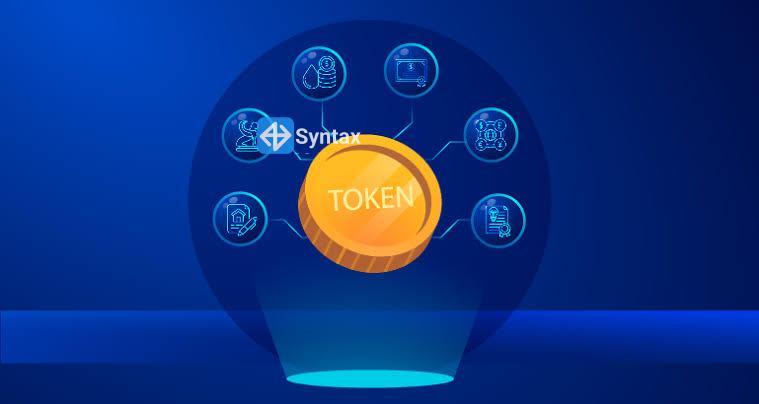There are two key things it manages:
1. Public Key (Wallet Address) – Like your bank account number. You share this with others so they can send you crypto.
2. Private Key – Like your PIN or password. This must stay secret, because it gives full control over your funds.
Types of Crypto Wallets
Hot Wallets (Online)
Connected to the internet (mobile apps, web wallets, exchange wallets).
Easy to use but more vulnerable to hacking.
Cold Wallets (Offline)
Not connected to the internet (hardware wallets like Ledger/Trezor, or paper wallets).
Very secure but less convenient for quick transactions.
Functions of a Crypto Wallet
Stores your private keys (not the actual coins – the coins remain on the blockchain).
Lets you send and receive crypto.
Tracks your balance and transaction history.
Some wallets also support DeFi, NFTs, and staking.
👉 In short: A crypto wallet is your personal gateway to interact with the blockchain securely.












